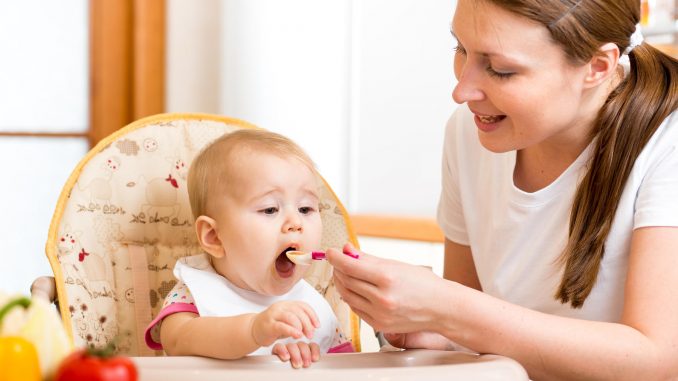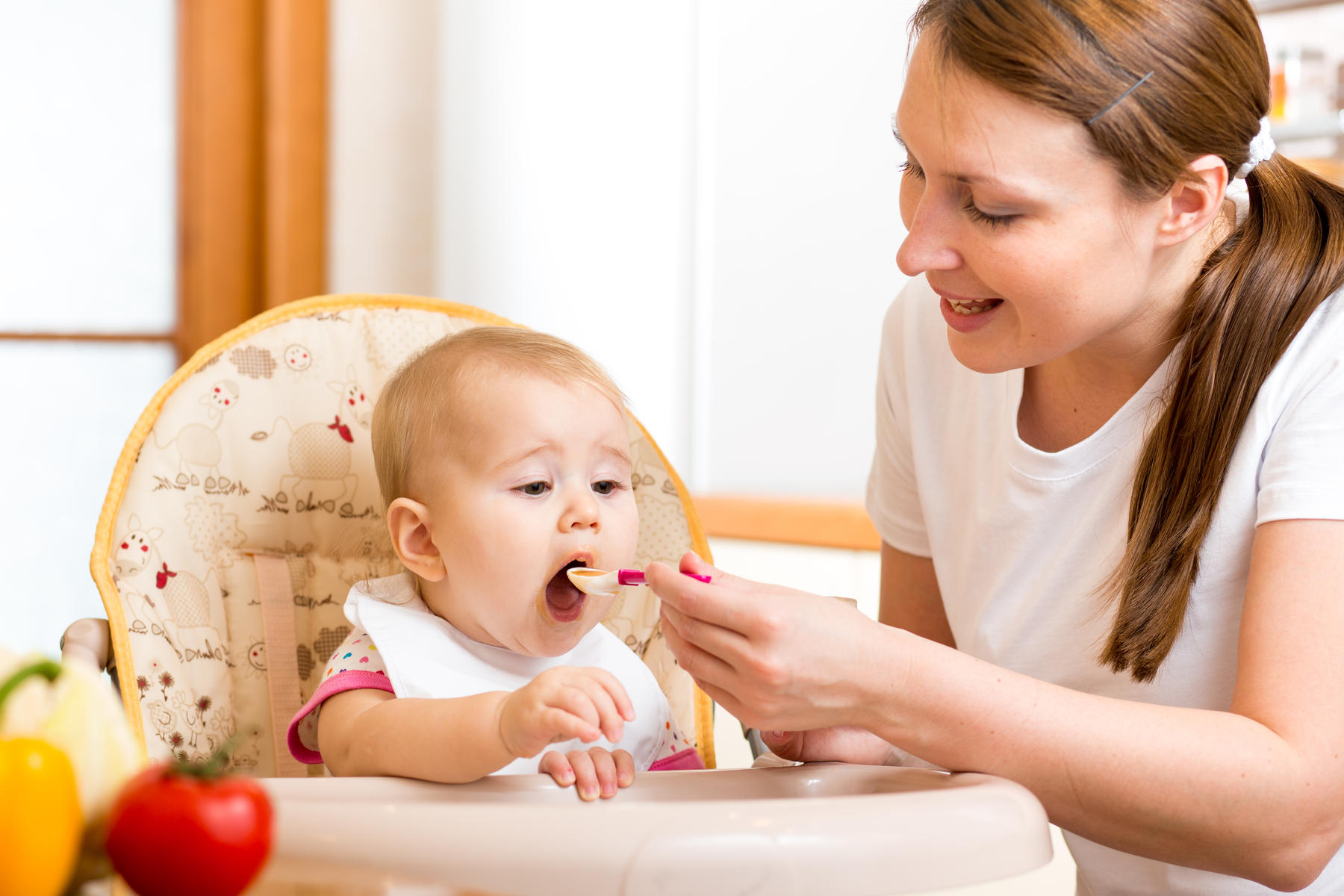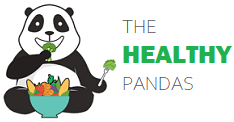
Table of Contents
Upper Diet for Babies | What teething foods should be given to babies?
By the time your baby is 4 to 6 months old, you should have mastered the technique of breastfeeding or formula feeding. Your youngster will soon be ready for “real” meals, so don’t get too comfy. Everything you need to know about introducing your baby to solid foods, including advice on how to handle mealtime.

Meaning of Complementary Feeding:
- Upper diet means other foods and liquids that are given as a supplement in addition to breast milk and not in place of breast milk.
- Breastfeeding is the best nutrition for the baby. The baby should be breastfed for at least six months.
- Breastfeeding can be done till the age of two years or even after that.
- Breastfeeding does not cause common diseases to children and it contains all the nutrients necessary for the development of the child.
- Mother’s milk gives nourishment to the baby as well as the power to fight diseases.
Right time for starting complementary foods:
- After the completion of six months, it is very important to give upper food along with mother’s milk to the child, because the physiological needs of the six-month-old baby increase, that is why it is very important to start the upper diet with mother’s milk.
- The physical activities of the child increase, which requires more strength, hence the need for supplementary feeding with mother’s milk. At this age, the digestive system of children becomes ready to digest food.

- Mother’s milk provides all the essential nutrients to the babies who are on mother’s milk for six months.
- Breastfeeding up to 6 – 12 months provides half of the nutrition for the physiological and one-third of the nutrition for babies up to 12 – 24 months.
- Apart from physical nutrition, mother’s milk protects the child from diseases and also increases the emotional bonding of the mother with the child, which increases the mental balance of the child.
- Babies who are on top feed do not need any other feed till six months.
- After six months, they need only 500ml of milk apart from other supplements.
When / what / and in what quantity should be given upper diet?
- Wash the baby and your hands thoroughly with soap before doing any work for the child, such as cooking, milking or feeding the child.
- Wash all utensils like bowls, cups, plates etc thoroughly.
- It would be best if we keep a separate plate for the child and feed the child in it.
- Superfoods should be cooked, served and fed cleanly.
What’s the diet like?

- In the beginning, things made of rice are best in other diets. Boiled rice can be mashed in more water and mixed with milk.
- Crush a banana and give it to the baby.
- Apples, papaya, chikoo and pear can also be given by boiling or mashing.
- We should start the diet of the child in the right way. We should start with Carbohydrates (Rice, Oatmeal). Then proteins (pulses, legumes) and those who are non-vegetarian can give chicken, fish to the baby.
- Cereals like rice, wheat, ragi.
- Starchy vegetables like potatoes, sweet potatoes etc.
- Starchy fruits like banana etc.
- The baby food should neither be too thin nor too thick.
Things to note:-
- In the beginning start only one diet at a time. Wait 3 – 4 days before starting the second diet, to check if the baby is allergic to anything.
- When children start the upper diet, they should start with three spoons twice a day and gradually increase it.
- Feed the 7-8 month old baby three meals if the child drinks any kind of milk. If the child is not on milk at all, then feed five times a day.
- Food of children of 8 – 9 months of age:: soft lentils, porridge, lentil rice, dal roti, gradually increasing the quantity daily, along with regular breastfeeding.
- Food for children between the ages of 9 – 11 months: After nine months, if one does not have a family history of allergies, then the child can be given wheat products such as bread, oats, pasta, cheese, eggs.
- Let the child eat himself, by eating himself, the child can eat things of his choice.
- Always give plain water to the child to drink. Give the child cooled boiled water and sip by sip after half an hour after eating food.
- While eating, when the child comes out of the mouth or does not speak, then it should be understood that the child’s stomach is full.
- When the child starts sitting without support, then feed the child while sitting with everyone, this keeps the child’s interest in eating.
- Give food thrice a day to a child of 9-11 months of age and some healthy snacks can also be given.
Food for children 12 months – 2 years of age:

- Give children only home cooked food.
- Children of this age eat three to four times a day.
- Peas, beans, pulses, nuts are beneficial for children.
- Green leafy vegetables and fruits keep children healthy.
- Encourage the child to eat and drink when he is sick.
- Do not add too much salt to children’s food, because children’s kidneys are not yet fully developed.
- Keep excessively sweet food away from children.
